Frederica Freyberg:
This winter has seen record high temperatures caused by a mixture of an uncommon weather event called El Nio and the more common climate change. Those warm temperatures caused a surprise tornado in Evansville last week, causing an estimated $2.4 million worth of damage. “Here & Now” reporter Aditi Debnath has more on what a warming climate means for Wisconsin.
Aditi Debnath:
At the start of the new year, heavy winter storms hit much of Wisconsin. Along with bitter cold, storms brought more snowfall than the state saw in all of December combined. Although that snowstorm was not abnormal for a Wisconsin winter, the subzero cold felt extreme because temperatures before and after the storms were above freezing. February returns back to the unusually warm temperatures that marked the beginning of this winter. The unseasonal warmth is likely due to climate change and a weather event called El Nio, when rising temperatures in the Pacific Ocean cause a warmer winter and less snowfall. It also means a dry winter. A dry El Nio winter could prolong the effects of drought conditions in a third of the state. This has a particular impact on farmers. Although the snow is melting because it’s warm during the day, at night, it’s below freezing so the soil stays frozen. The frozen soil is unable to absorb the snow melt and remains dry until the spring thaw, at which point farmers need wet soil to germinate young crops. This December marked Wisconsin’s warmest and driest on record, with temperatures between 5 and 9 warmer than average. About 740,000 Wisconsin residents currently live in areas of drought, particularly in the northern part of the state. While El Nio comes along every three to five years, the effects of climate change could bring these conditions in more Wisconsin winters to come. For “Here & Now,” I’m Aditi Debnath.
Search Episodes
News Stories from PBS Wisconsin

Donate to sign up. Activate and sign in to Passport. It's that easy to help PBS Wisconsin serve your community through media that educates, inspires, and entertains.
Make your membership gift today
Only for new users: Activate Passport using your code or email address
Already a member?
Look up my account
Need some help? Go to FAQ or visit PBS Passport Help
Need help accessing PBS Wisconsin anywhere?

Online Access | Platform & Device Access | Cable or Satellite Access | Over-The-Air Access
Visit Access Guide
Need help accessing PBS Wisconsin anywhere?

Visit Our
Live TV Access Guide
Online AccessPlatform & Device Access
Cable or Satellite Access
Over-The-Air Access
Visit Access Guide
 Passport
Passport





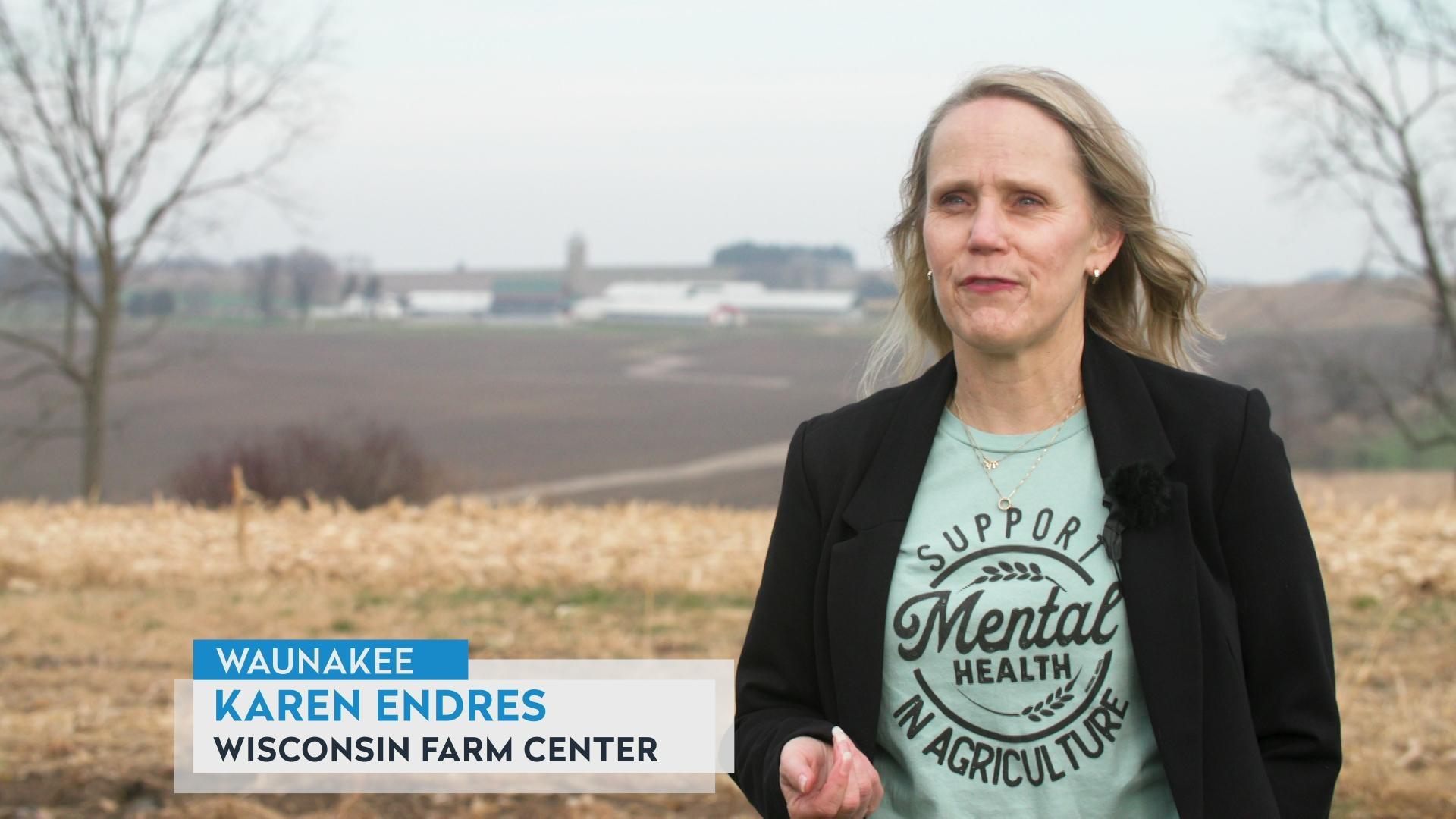
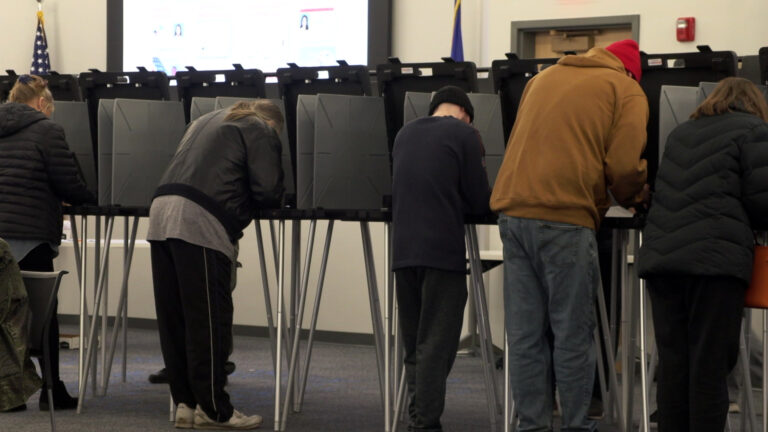
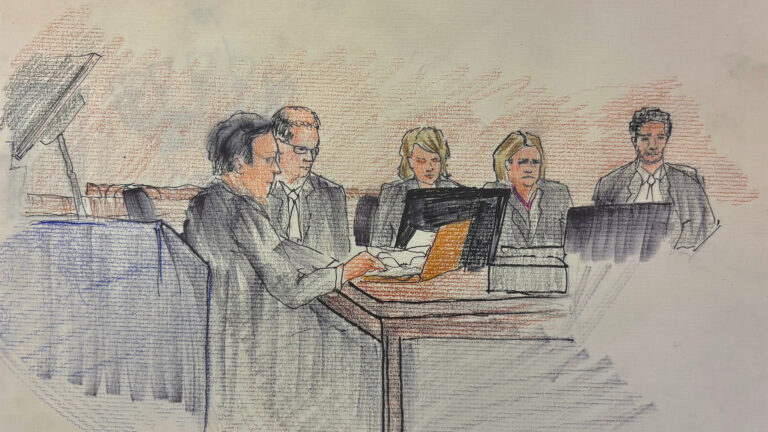
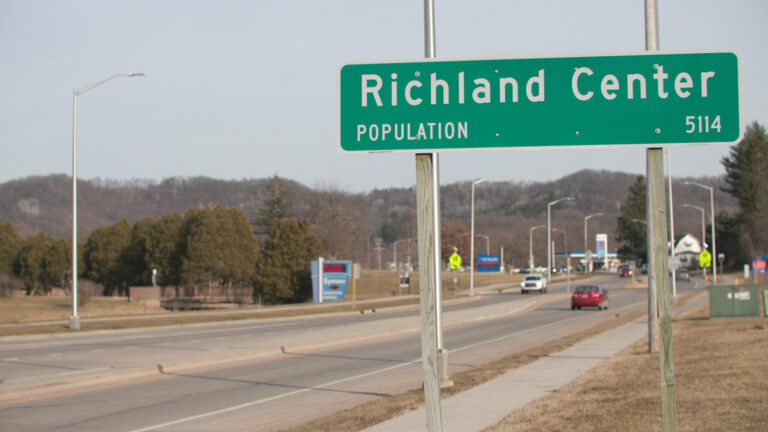
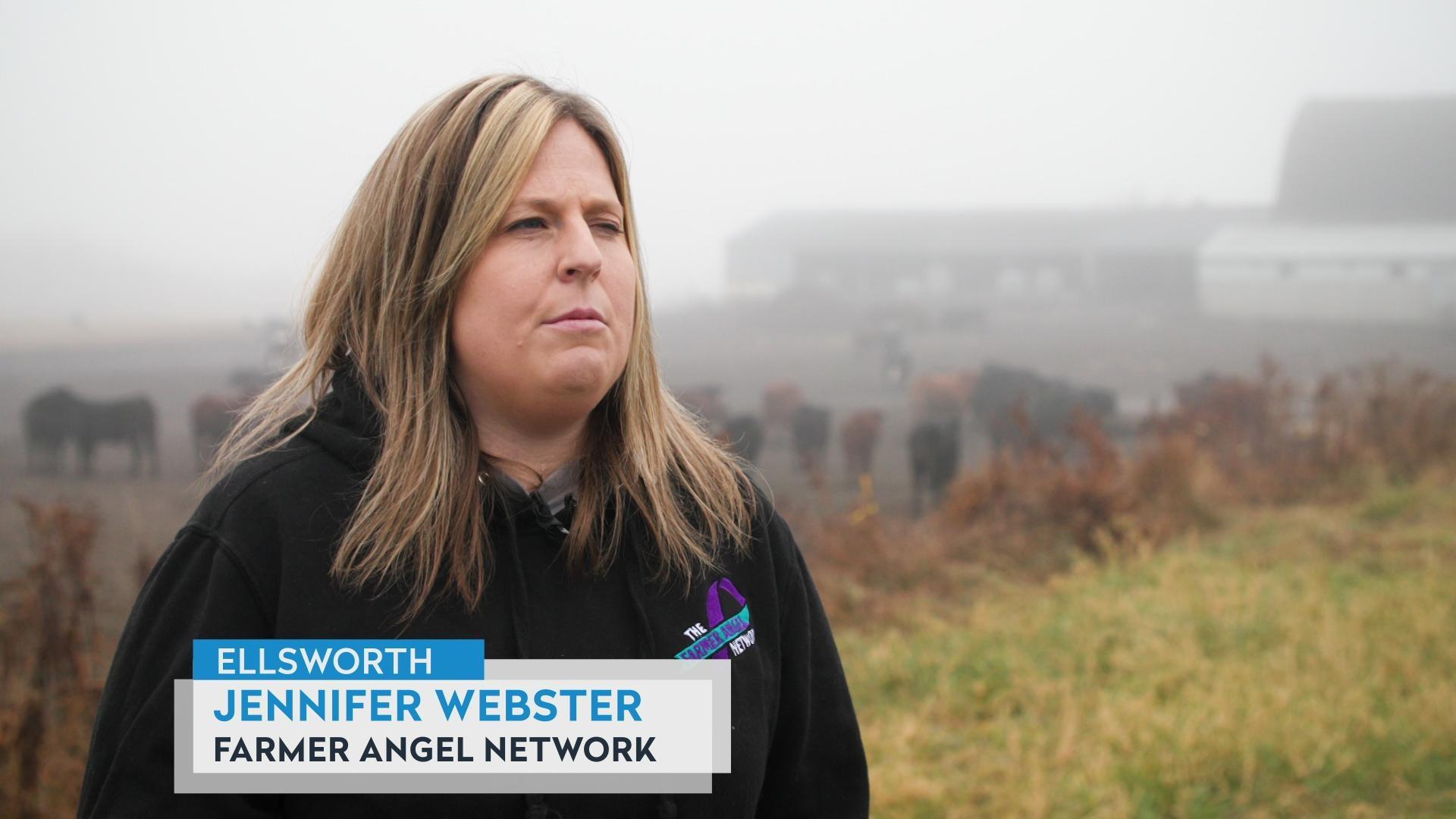
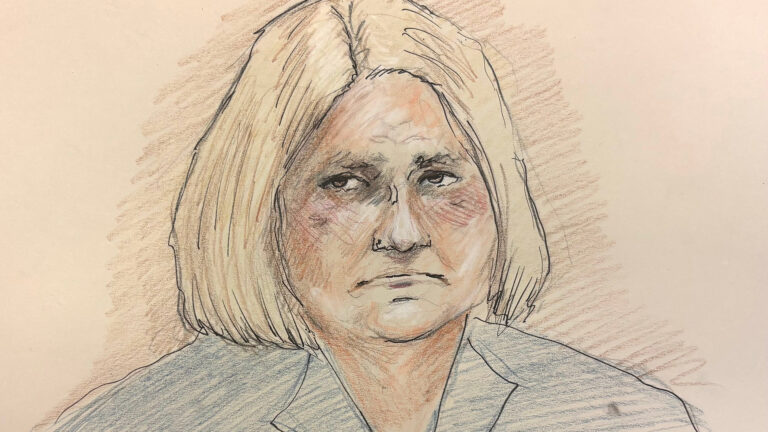
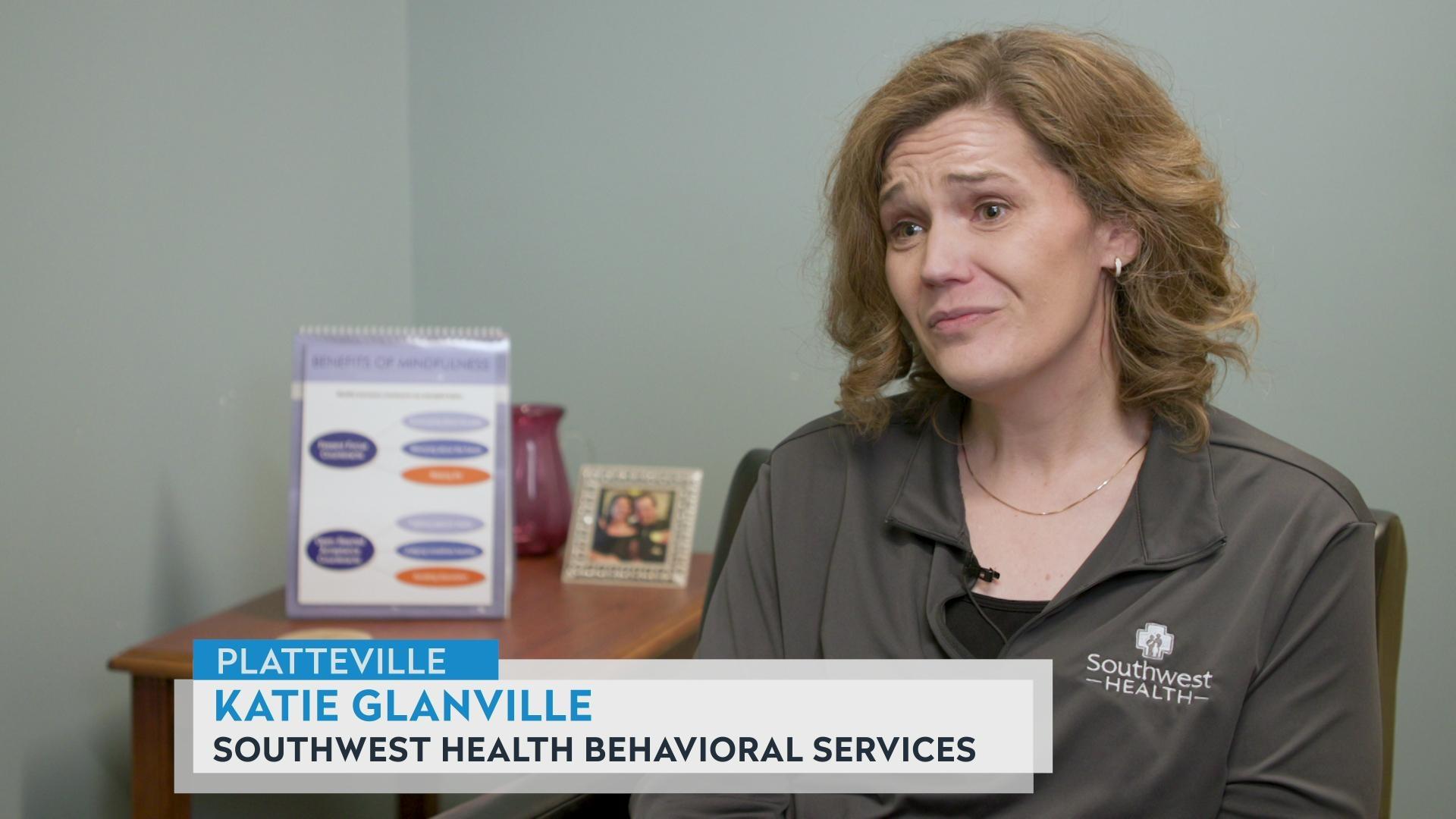






Follow Us